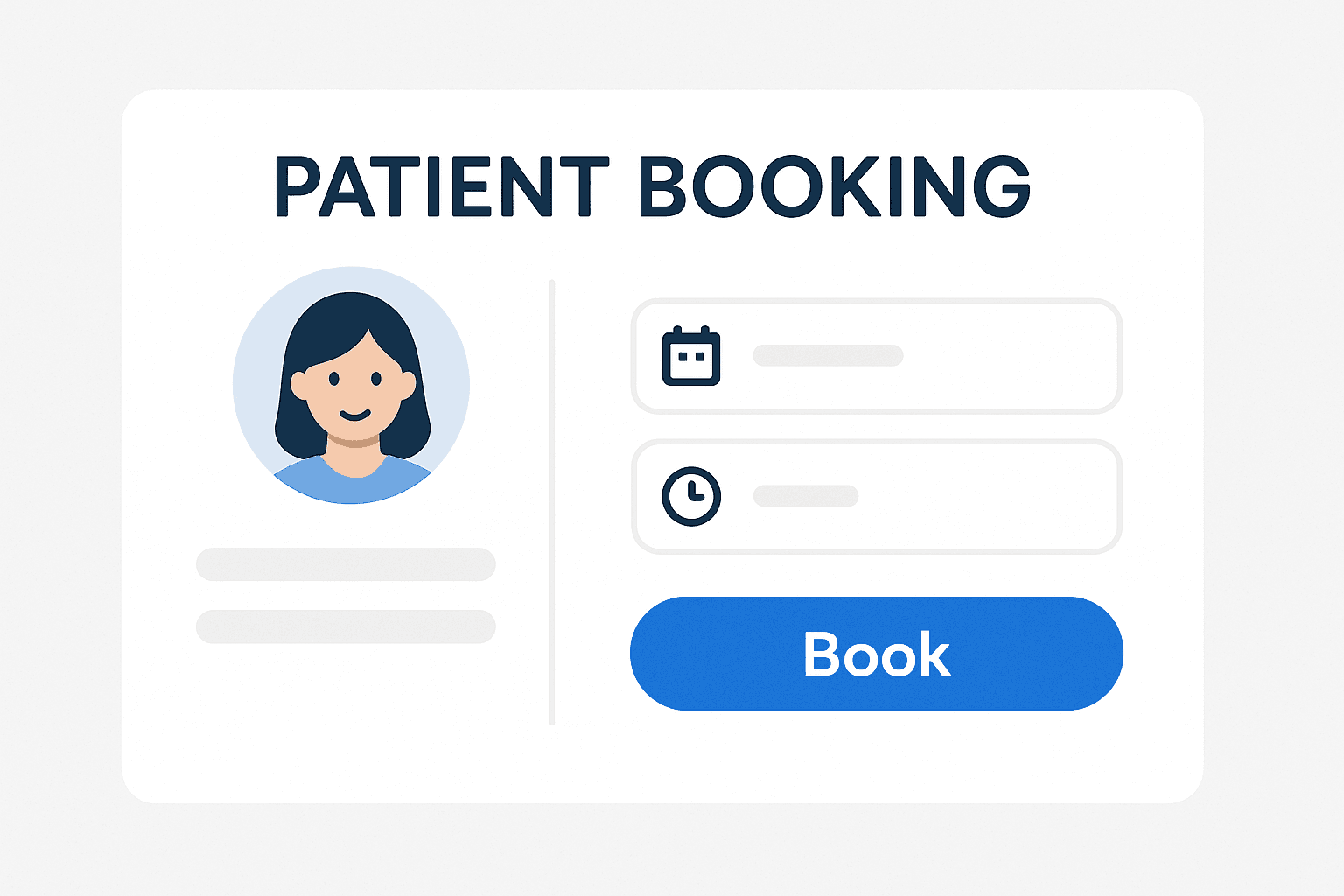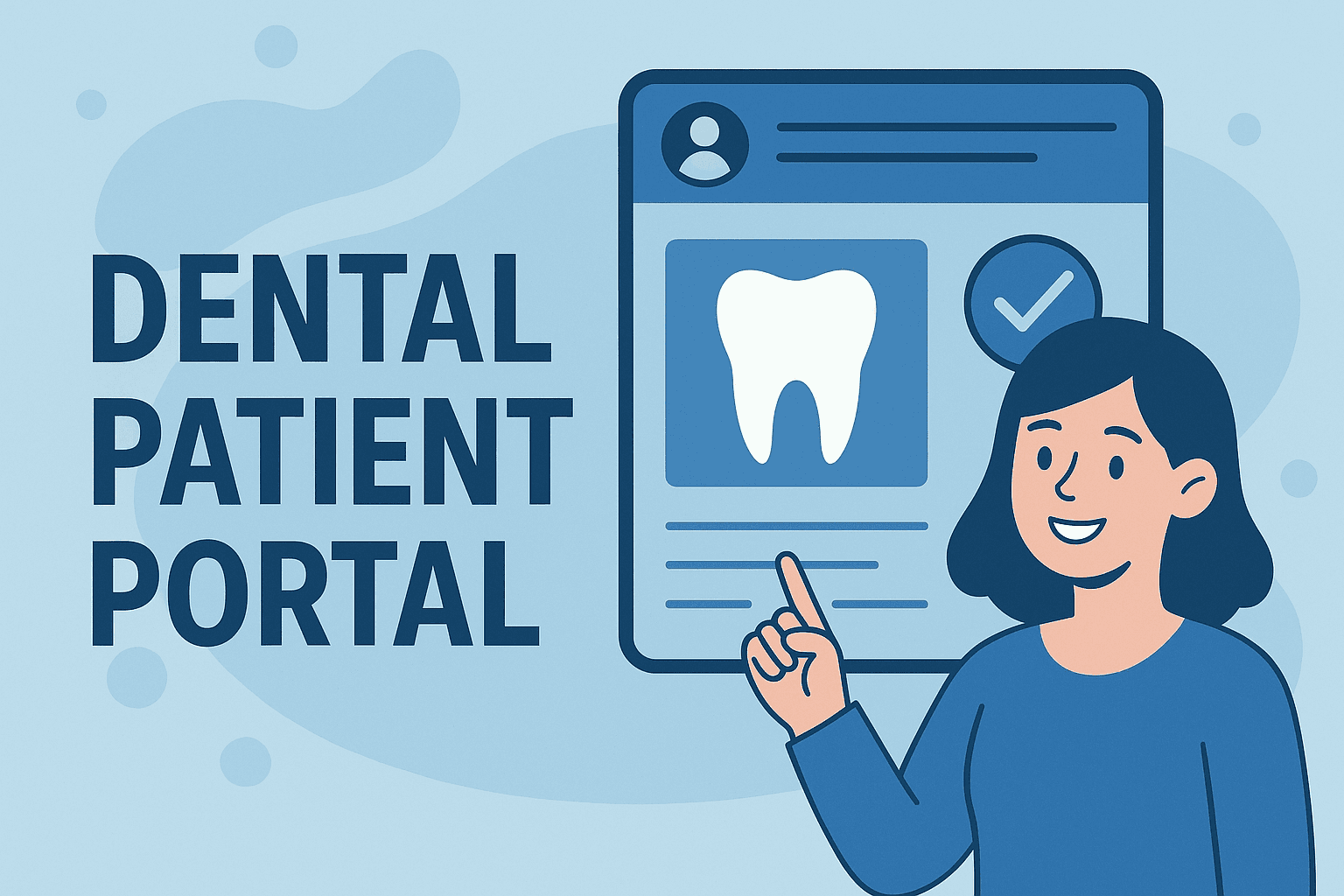Loading
Loading
In today’s digital world, having a strong online presence is essential for any dental practice looking to attract new patients. That’s where Dental SEO comes in. Dental SEO, or search engine optimization for dentists, is the process of improving your dental website’s visibility on search engines like Google. By optimizing your website and content with targeted keywords and SEO best practices, you can increase your chances of appearing at the top of search results when potential patients look for dental services in your area.
The majority of patients begin their search for dental services online. If your dental practice doesn’t show up on the first page of search results, you could be losing out on a significant number of potential patients. Effective dental SEO helps you:
Identifying the right keywords is crucial. Keywords like “dentist near me,” “dental implants,” “teeth whitening,” and dental SEO itself can drive highly targeted traffic. Use tools like Google Keyword Planner or SEMrush to discover what terms potential patients are searching for.
Make sure your website content includes your primary keywords naturally. This means incorporating dental SEO keywords into page titles, meta descriptions, headers (H1, H2), image alt text, and throughout your page content without keyword stuffing.
Dental practices rely heavily on local patients. Optimizing for local SEO includes creating a Google Business Profile, adding your practice to local directories, and using location-specific keywords like “Dental SEO in [City]” or “Best dentist in [Neighborhood].”
Creating educational blog posts, FAQs, and service pages related to dental care can improve your authority and relevance in the eyes of search engines. Regularly publishing content with targeted keywords like dental SEO helps attract more visitors and keeps your site fresh.
Earn backlinks from reputable sources like local health directories, dental associations, or guest blogs. These backlinks signal trustworthiness to search engines, boosting your dental website’s ranking.
Many users search for dental services on their phones. A responsive, mobile-friendly website that loads quickly improves user experience and positively affects your SEO ranking.
Tracking your SEO efforts is essential. Use tools like Google Analytics and Google Search Console to monitor:
Investing in Dental SEO is a powerful way to grow your dental practice by reaching more local patients online. By focusing on keyword research, on-page optimization, local SEO, content creation, and technical improvements, you can boost your search engine rankings and attract more clients.
If you want to dominate local search results and ensure your practice stands out, it’s time to implement a comprehensive Dental SEO strategy.
Dental SEO helps your website appear on the first page of search results, which increases your visibility to potential patients. With more people searching online for dental care, having a strong SEO strategy can drive more traffic, generate more leads, and increase appointments for your practice.
Most dental practices begin to see noticeable improvements in their rankings and website traffic within 3 to 6 months of implementing a comprehensive Dental SEO strategy. However, this can vary based on competition, current site structure, and the consistency of SEO efforts.
Key components of Dental SEO include keyword research, on-page optimization (like meta tags and headers), local SEO, high-quality content creation, mobile optimization, website speed, and backlink development. Each element plays a role in improving your online visibility.
The cost of Dental SEO services varies depending on the scope of work, competition in your area, and whether you’re working with an agency or freelancer. On average, monthly services can range from $500 to $2,000+ for ongoing optimization and content creation.
Yes, it’s possible to handle some aspects of Dental SEO on your own, such as writing blog posts with relevant keywords or claiming your Google Business Profile. However, for long-term success and technical optimization, working with a professional SEO specialist is often more effective.

July 18, 2025

July 18, 2025

July 18, 2025